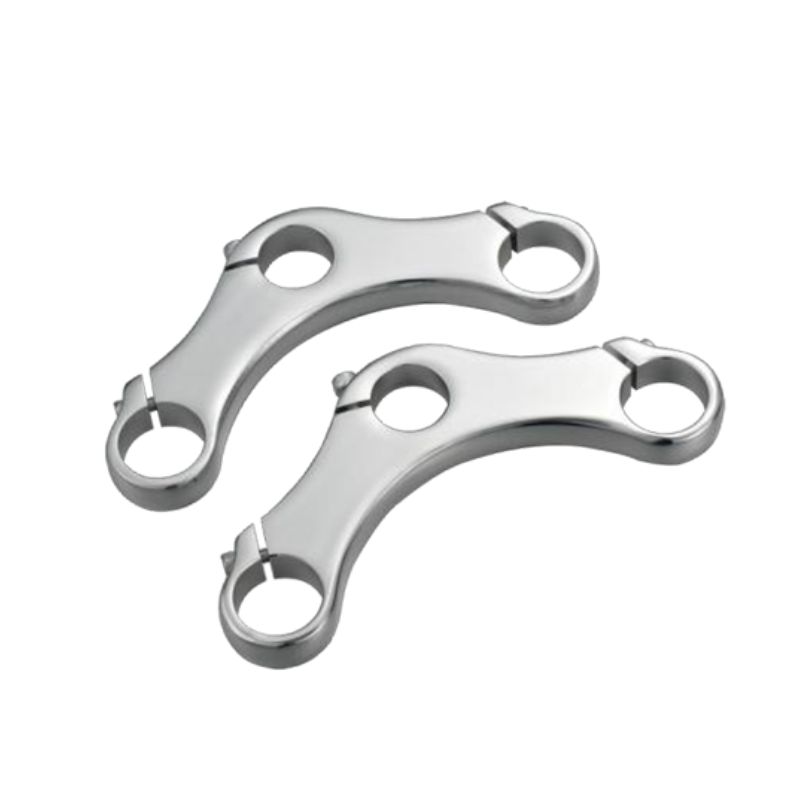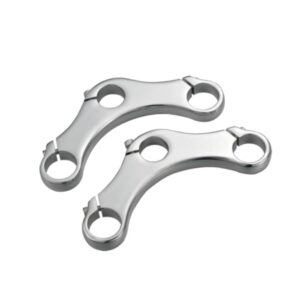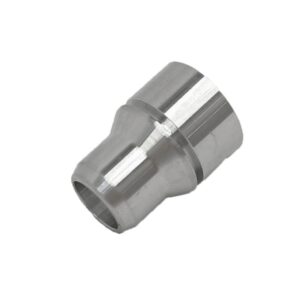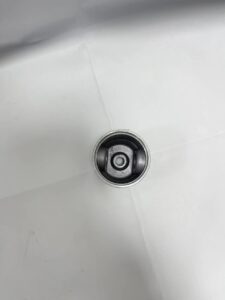In the aerospace industry, the choice of material and manufacturing process can significantly impact the performance, durability, and safety of components. Among the various materials and processes available, aluminum stands out due to its lightweight and excellent mechanical properties. However, the method of shaping aluminum—whether through forging or casting—can further influence the characteristics of the final product. This article explores why MINGYU, a leading aluminum forge manufacturer, advocates for forging over casting in the production of aerospace components.
Understanding Aluminum Forging and Casting
Before diving into the advantages of forging, it’s essential to understand the fundamental differences between forging and casting. Forging involves shaping aluminum by applying compressive forces, typically using a hammer or a press. This process alters the metal’s microstructure, enhancing its mechanical properties.
In contrast, casting involves melting aluminum and pouring it into a mold where it solidifies. While casting allows for the production of complex shapes, it often results in components with inferior mechanical properties compared to forged parts.
The Forging Process at MINGYU
MINGYU employs advanced forging techniques that ensure high precision and quality in aerospace components. The process begins with the selection of high-grade aluminum alloys, which are then heated to the appropriate temperature. Using state-of-the-art forging presses, the aluminum is shaped into the desired form, followed by a series of heat treatments to achieve the required mechanical properties.
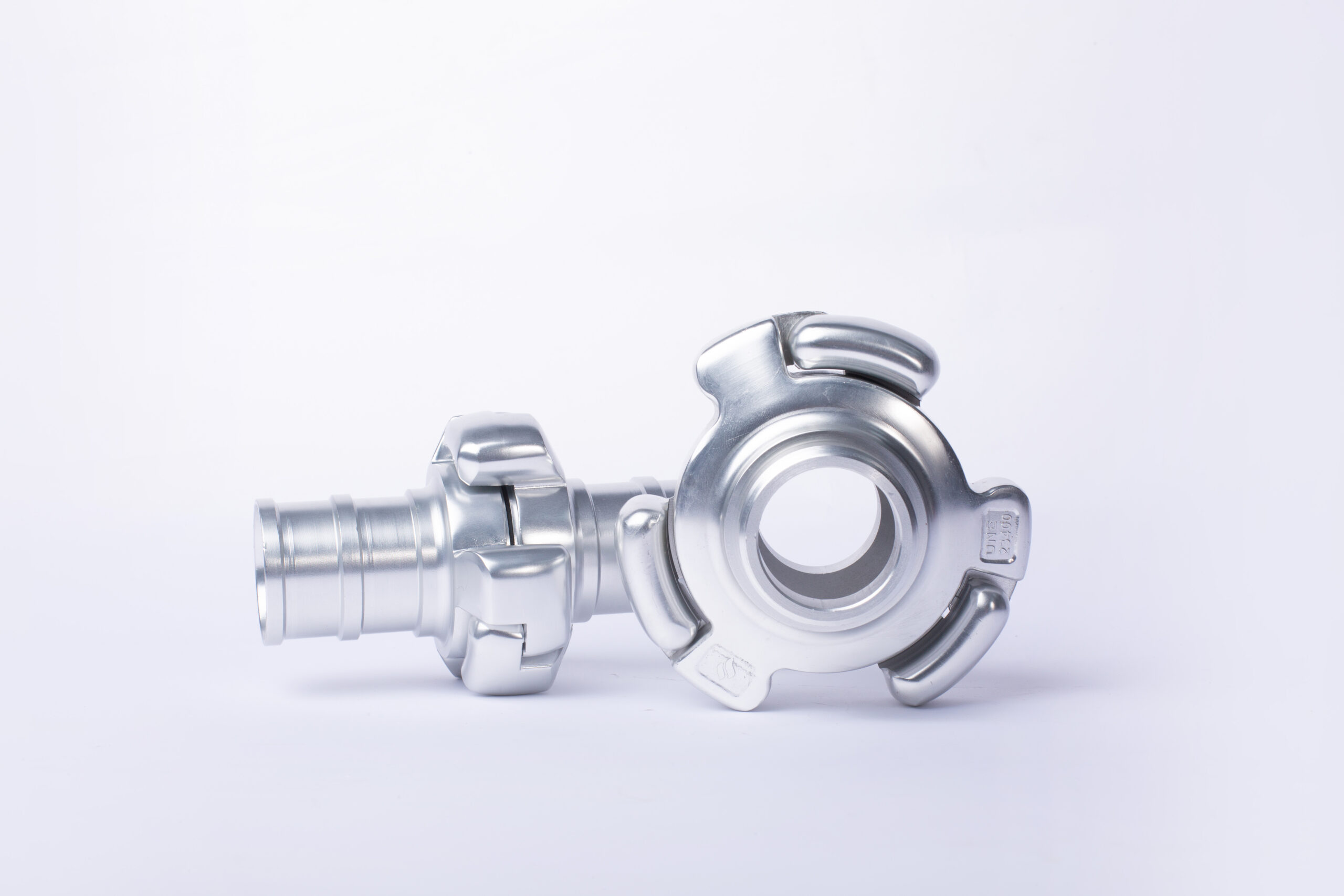
Key Advantages of Forging Aluminum for Aerospace Components
1. Superior Mechanical Properties
Forged aluminum components exhibit superior mechanical properties compared to their cast counterparts. The forging process refines the grain structure of the metal, resulting in improved strength, ductility, and fatigue resistance. This is crucial for aerospace components that must withstand extreme conditions and stresses.
2. Enhanced Structural Integrity
One of the primary concerns in aerospace component manufacturing is the presence of defects such as porosity and inclusions. These defects are more prevalent in cast parts due to the nature of the casting process. Forging, on the other hand, significantly reduces the risk of such defects, ensuring enhanced structural integrity and reliability.
3. Improved Fatigue Resistance
The refined grain structure and absence of casting defects contribute to the superior fatigue resistance of forged aluminum components. This is particularly important in aerospace applications where components are subjected to cyclic loading and must maintain their integrity over extended periods.
4. Weight Reduction
Forging allows for the production of components with a higher strength-to-weight ratio. This means that forged parts can achieve the same or greater strength as cast parts while being lighter. Weight reduction is a critical factor in aerospace engineering, as it directly impacts fuel efficiency and payload capacity.
5. Cost-Effectiveness in the Long Run
While the initial cost of forging may be higher than casting, the long-term benefits often outweigh the initial investment. The enhanced durability and reduced need for maintenance and replacements make forged components more cost-effective over their lifecycle.
Comparative Analysis: Forging vs. Casting
| Aspect | Forging | Casting |
|---|---|---|
| Mechanical Properties | Superior | Inferior |
| Structural Integrity | High | Moderate to Low |
| Fatigue Resistance | Excellent | Moderate |
| Weight | Lighter | Heavier |
| Cost | Higher initial, lower long-term | Lower initial, higher long-term |
Case Studies: MINGYU’s Success in Aerospace Forging
MINGYU has been at the forefront of aluminum forging for aerospace components, providing solutions that meet the stringent requirements of the industry. One notable project involved the development of lightweight, high-strength landing gear components. By utilizing forged aluminum, MINGYU was able to reduce the weight of the landing gear by 15% while maintaining structural integrity.
Another success story is the production of forged aluminum wing spars, which demonstrated exceptional fatigue resistance and durability. These components have contributed to the increased lifespan and safety of the aircraft they are used in.
Environmental Considerations
In addition to the mechanical advantages, forging is also a more environmentally friendly process compared to casting. The forging process generates less waste and typically requires less energy, contributing to a smaller carbon footprint. As the aerospace industry moves towards more sustainable practices, the environmental benefits of forging become increasingly significant.
Conclusion: The Future of Aerospace Manufacturing
The aerospace industry is continuously evolving, with increasing demands for efficiency, performance, and sustainability. As such, the choice between forging and casting is more critical than ever. Through its commitment to quality and innovation, MINGYU has demonstrated the clear advantages of forging aluminum for aerospace components.
Forging provides superior mechanical properties, enhanced structural integrity, and improved fatigue resistance, all of which are essential for the demanding conditions of aerospace applications. Furthermore, the long-term cost savings and environmental benefits make forging an attractive option for manufacturers looking to stay ahead in a competitive industry.
As aerospace technology advances, the role of forging in producing high-performance, reliable components will only grow. MINGYU is poised to lead the charge, continuing to deliver cutting-edge solutions that meet the needs of the aerospace sector.
In conclusion, while casting has its place in manufacturing, the advantages of forging aluminum for aerospace components are undeniable. With companies like MINGYU at the helm, the future of aerospace manufacturing looks promising, driven by innovation, precision, and a commitment to excellence.

